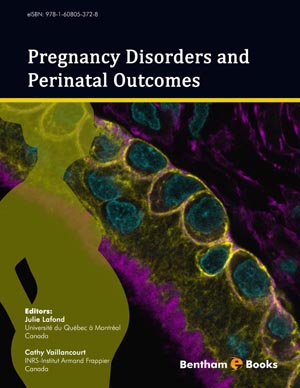Abstract
The success of Assisted Reproductive Technologies (ART) during the last decades has transformed the evaluation and treatment of infertility. Nonetheless, there are concerns about the risk for adverse pregnancy outcomes. Research on ART and perinatal outcomes faces several methodological challenges that need to be considered to allow reliable interpretation of results. Major perinatal risks are consequence of the high rate of multiple gestations associated with ART treatment. The improvement of embryo cryopreservation programmes and the development of elective Single Embryo Transfer policies will reduce significantly the number of multiple pregnancies while maintaining acceptable overall pregnancy rates. Although the great majority of singleton ART pregnancies are uncomplicated, numerous studies have raised questions concerning a range of adverse pregnancy outcomes in singleton ART pregnancies. Spontaneous abortion, first trimester vaginal bleeding, ectopic pregnancies, adnexal torsion, chromosomal abnormalities, imprinting disorders, preterm birth, low birth weight and small for gestational age infants, birth defects, preeclampsia, placenta praevia and placental abruption have been associated with ART. Nonetheless, questions remain about the underlying mechanisms. Maternal age is an important confounder, as well as the role of the underlying infertility in the observed adverse perinatal outcomes. There are many data gaps to date. Future research initiatives are emergently needed, with enhancing transdisciplinary collaboration.
Keywords: Assisted reproductive technologies, in vitro fertilization, intracytoplasmic sperm injection, obstetric outcomes, perinatal outcomes.

















